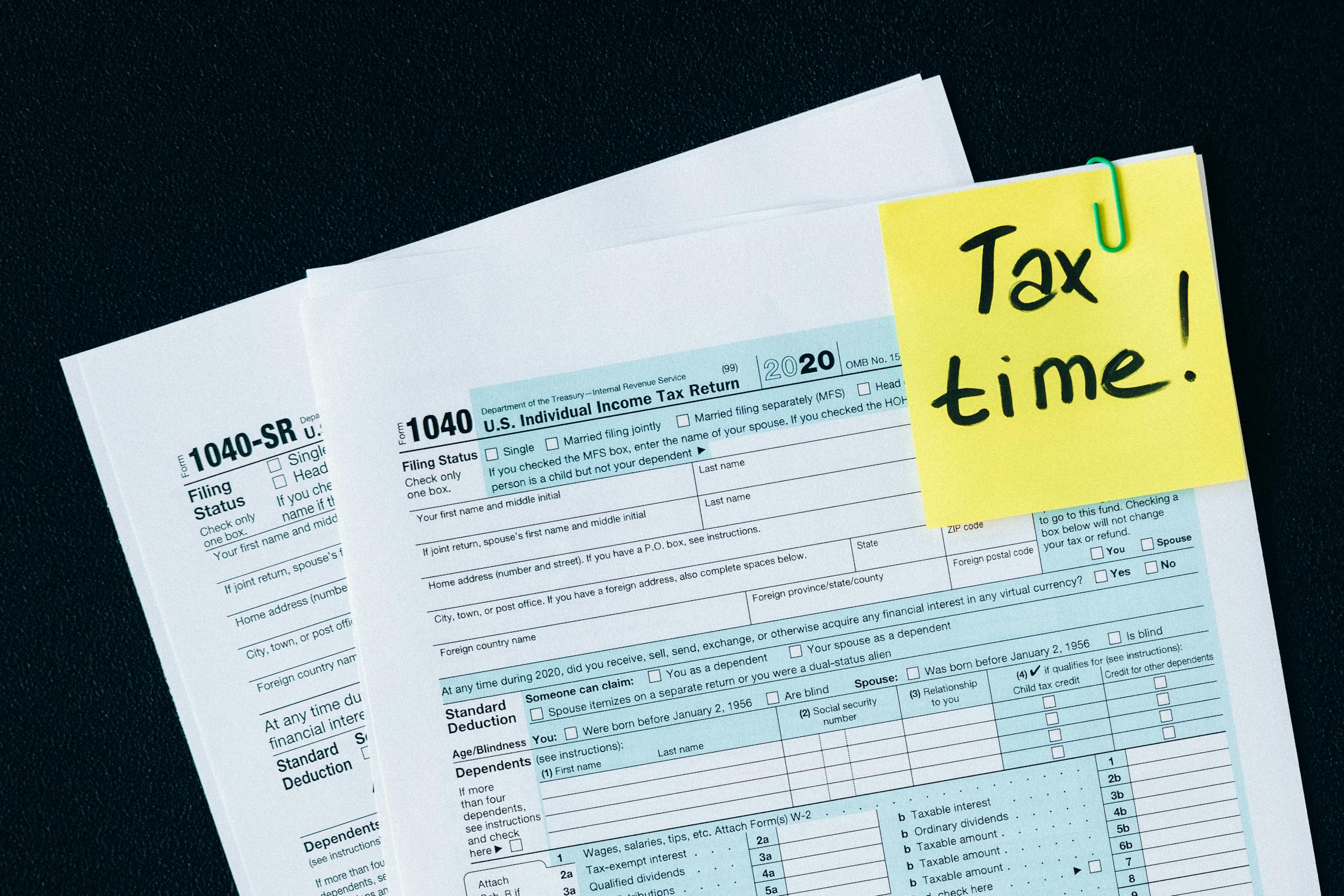The dropshipping industry offers an accessible and flexible business model for entrepreneurs, but it also comes with unique tax challenges that many fail to anticipate. From managing self-employment taxes to understanding state-specific obligations, even minor errors can result in significant financial setbacks. Fortunately, programs like the taxpayer relief initiative can provide a safety net for those facing tax issues. By addressing common pitfalls early, drop shippers can maintain compliance and ensure their businesses thrive without unnecessary legal or financial burdens.
Misclassifying Your Business and Income
One of the most frequent mistakes drop shippers make is misclassifying their business or income. Many assume that since dropshipping is often run from home with minimal overhead, it doesn’t qualify as a traditional business entity. This misunderstanding leads to improper tax filings, often omitting key deductions or failing to meet reporting requirements.
For example, a sole proprietor running a dropshipping business must report earnings as self-employment income. Failing to do so can result in fines or audits from the IRS. It could disqualify the business owner from legitimate deductions, such as home office expenses or shipping costs. The solution is correctly identifying your business structure—whether sole proprietorship, LLC, or corporation—and filing taxes accordingly. Seeking professional tax advice during the initial setup phase can help you avoid misclassification errors.
Ignoring Sales Tax Obligations
Sales tax compliance is a major stumbling block for drop shippers, particularly those operating across multiple states. With nexus laws varying by state, many business owners are unaware of their responsibility to collect and remit sales tax in locations with economic ties—for instance, selling to customers in a state where your supplier warehouses inventory could create a sales tax nexus.
Failure to comply with sales tax regulations often leads to penalties, back payments, and strained customer relationships. To avoid this, drop shippers should research the specific nexus laws in each state they serve. Automated tax software can simplify compliance, ensuring accurate collection and remittance of sales tax. Staying informed about changes in tax laws is also critical, as regulations often evolve.
Overlooking Estimated Tax Payments
Dropshippers, like all self-employed individuals, must make quarterly estimated tax payments. Unfortunately, many newcomers to the industry underestimate their income or fail to set aside sufficient funds, resulting in hefty penalties at year-end. Unlike traditional employees, who have taxes withheld from their paychecks, drop shippers must calculate and pay their taxes proactively.
To avoid this pitfall, estimate your annual income and divide it into four payments due throughout the year. Keep meticulous records of your earnings and expenses to ensure accuracy. Tax software or a consultation with an accountant can streamline the process. By staying on top of estimated tax payments, you can avoid penalties and maintain a clearer financial picture.
Mismanaging Tax Deductions
Dropshippers often leave money on the table by failing to claim all eligible deductions. Shipping costs, advertising expenses, and inventory purchases are just a few deductions for dropshipping businesses. However, many fail to keep detailed records, making it impossible to substantiate these claims during tax season.
The key to maximizing deductions is organization. Keep receipts, invoices, and bank statements well-organized, and consider using accounting software tailored for small businesses. Familiarize yourself with common deductions for e-commerce and document everything meticulously. This approach reduces your taxable income and protects you during audits.
The Role of the IRS Fresh Start Program
If tax mistakes have already resulted in debt or penalties, the IRS Fresh Start Program offers an opportunity to get back on track. Designed for individuals and small business owners, the program helps taxpayers resolve their liabilities through installment agreements, penalty relief, and other measures. Dropshippers overwhelmed by tax issues should explore this initiative to regain financial stability.
By proactively addressing tax mistakes and seeking professional guidance, drop shippers can focus on scaling their businesses without the looming threat of IRS complications.
Conclusion
Tax compliance may not be the most exciting part of running a dropshipping business, but it is essential for long-term success. Common mistakes can lead to costly consequences if left unaddressed, from misclassifying income to neglecting sales tax obligations. Drop shippers can ensure smooth financial operations and stay focused on growing their business by understanding these pitfalls and taking proactive steps to avoid them. For those facing challenges, the taxpayer relief initiative and other IRS programs provide a pathway to resolve issues and move forward confidently. Staying informed and organized is the foundation for a thriving, tax-compliant dropshipping business.

